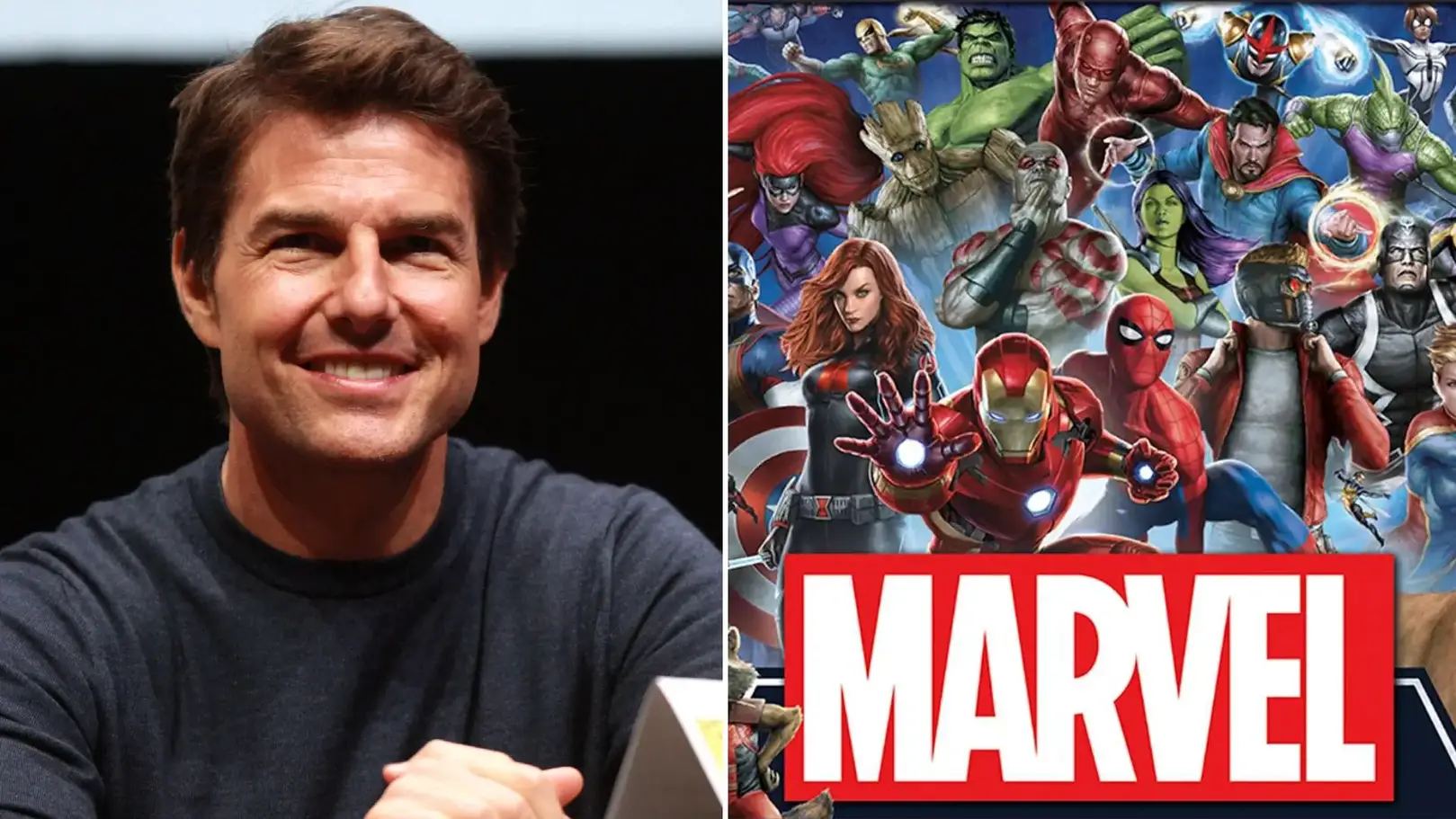
The offer to Cruise was part of Marvel Studios’ ambitious plan to expand its cinematic universe, with Iron Man’s role central to the next Avengers saga. Since the tragic death of Tony Stark, played by Robert Downey Jr., fans have been eagerly speculating about how the character will be brought back or replaced. Cruise, who has long been a fan favorite for the role due to his action-packed career, was seen as the perfect fit to take over the mantle of Iron Man.
Marvel Studios, recognizing Cruise’s star power, hoped that bringing him on board would create a massive buzz for the next Avengers installment. The $500 million offer was part of their strategy to continue elevating the Marvel Cinematic Universe (MCU) as it enters a new chapter. This offer would have made Cruise one of the highest-paid actors in Hollywood, even surpassing his previous earnings from blockbuster franchises like *Mission: Impossible*. However, in an unexpected move, Cruise declined the role, citing concerns about what he views as the increasingly “woke” nature of Marvel’s recent films.
In a statement, Cruise explained his decision, saying that he could not align himself with the direction the MCU was taking. “I’ve always believed in bringing powerful, impactful stories to audiences, but what’s happening in Marvel right now with its woke agenda is not something I can support,” Cruise said. “I can’t work with actors who are constantly pushing social and political narratives in their films. I believe in entertainment that transcends politics, and unfortunately, Marvel’s recent direction has become more about pushing an ideology than telling great stories.”
Cruise’s rejection of the offer is seen by many as a direct response to the growing influence of woke culture in the entertainment industry, and particularly in the MCU. Over the past few years, Marvel Studios has introduced several storylines and characters that reflect social justice causes, LGBTQ+ representation, and a focus on diversity and inclusivity. While these efforts have been praised by many fans and critics, others—like Cruise—believe that the focus on political correctness has distracted from the core of what made Marvel movies so successful in the first place: entertainment.
Cruise’s comments also point to his growing discontent with certain actors in the Marvel franchise, who he believes have been using their platforms to advance progressive political views. The rise of outspoken actors such as Brie Larson (Captain Marvel) and others in Marvel’s recent films has caused division among the fanbase, with some feeling that these actors are more focused on promoting political agendas than providing compelling performances. Cruise has made it clear that he is not willing to work with what he perceives as individuals who are more interested in pushing personal ideologies than creating entertainment that resonates with audiences across the political spectrum.
The situation with Cruise is not isolated. Over the past few years, there has been a growing divide in Hollywood over the so-called “woke” movement, with many conservative figures in the entertainment industry criticizing what they see as the industry’s increasing focus on progressive causes at the expense of traditional storytelling. Marvel’s embrace of diversity and social justice causes has led to significant discussions about whether the company is prioritizing political correctness over its original vision.
Despite the significant backlash from figures like Cruise, Marvel Studios has remained steadfast in its commitment to promoting diversity and inclusivity in its films. Recent movies such as *Eternals*, *Shang-Chi and the Legend of the Ten Rings*, and *Black Panther* have made a concerted effort to highlight underrepresented groups and push the boundaries of representation in Hollywood. The studio’s efforts have earned them praise from fans advocating for greater diversity, but they have also alienated some traditional moviegoers who feel that these efforts have overshadowed the heart of the MCU—its ability to tell compelling superhero stories.
With the future of the MCU resting on the success of upcoming projects, the decision by Cruise to reject the offer has raised significant questions about the studio’s direction. While many fans eagerly anticipated Cruise’s take on Iron Man, the actor’s refusal to join the MCU could be seen as a sign of a larger cultural divide in the industry. As the MCU continues to push boundaries with its inclusion of new heroes and social justice narratives, the question remains whether this will alienate or attract future talent like Cruise.
Ultimately, Tom Cruise’s rejection of the $500 million offer highlights the growing tension between Hollywood’s push for social change and the desire for traditional, escapist entertainment. As Marvel Studios moves forward with its plans for the next Avengers movies, it will have to consider the balance between its efforts to modernize and diversify its storytelling and the need to keep its audience engaged with the timeless, action-packed narratives that have made the MCU a global powerhouse. Whether or not this ideological divide will have long-term consequences for the MCU remains to be seen, but one thing is clear: Tom Cruise is not backing down on his principles.
This Is SATIRE, It’s Not TRUE